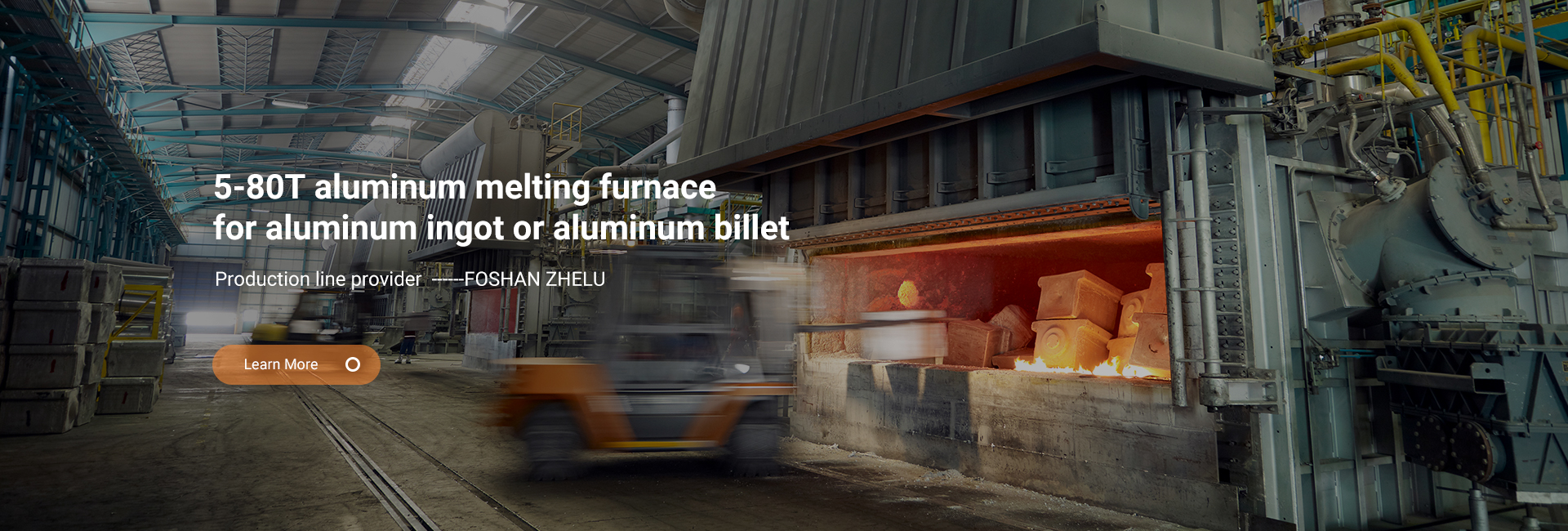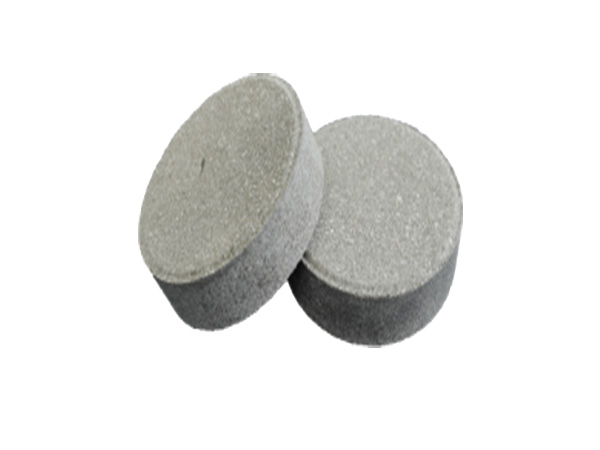Aluminium alloy products are widely used in many fields because of their excellent performance. However, their excellent performance cannot be separated from a variety of aluminium alloy additives. In recent years, aluminium alloy additives have become the key components for improving the performance of aluminium alloys and refining the grain structure.
Aluminium alloy additives are chemicals that are added to the molten metal during the manufacturing process. These additives serve a variety of functions and have a significant impact on the final product. The role of different additives varies, for example, chromium additives, which play an important role in the addition of chromium to aluminium alloys and the refinement of grain structure, and manganese additives, which can affect the content of manganese in aluminium alloy products.
At zhelu, aluminium alloy additives are also known as 75% aluminium alloy additives, which means that the content of the chemical elements to be added to the additive is 75% and the rest is aluminium, which plays an important role in improving the performance and quality of aluminium alloy products. In addition, the aluminium alloy additives produced by zhelu have a yield of more than 95%. This optimises raw material utilisation, reduces waste and maximises efficiency. This not only helps manufacturers to reduce costs, but also promotes the sustainable development of the whole industry.
Environmental protection and non-pollution have become major concerns of the society. There is a growing awareness of the importance of protecting the environment and the need for environmentally friendly measures in all industries. One of the main advantages of using aluminium alloy additives is environmental protection. Harmful substances are inevitably produced in chemical production. zhelu’s additives focus on environmental protection and pollution-free production. They comply with strict regulations and help to reduce the emission of harmful pollutants during the production process.
Some aluminium alloy additives also have a significant refining effect on the alloy. By introducing specific elements into the molten metal, these additives help eliminate impurities, improve the homogeneity of the alloy and enhance its mechanical properties. For example, magnesium ingot, add magnesium ingot main purpose is to improve the aluminium alloy die casting performance indicators, especially corrosion resistance. According to experts, aluminium and magnesium alloy die casting is light and hard, good corrosion resistance, easy to weld and other surface treatment, is the manufacture of aircraft, rockets, speedboats, vehicles and other important materials. In addition, the role of aluminium alloy additives is not only to improve mechanical properties, these additives also improve the machinability of the alloy, making it easier to process and handle. They help to reduce defects that occur during casting and moulding, thereby increasing yields and reducing scrap rates. The improved machinability of these additives helps to save costs and ensures the production of high quality components.
Although additives play an important role in the performance of aluminium alloy products, manufacturers also need to develop different programmes based on the characteristics of different additives and their operating temperatures. For example, chromium, manganese and copper in aluminium alloy additives should all be added only when their operating temperatures are greater than 730°C, whereas silicon and iron should be used in an environment of 740°C and 750°C, respectively. In addition, for dosage, zhelu is generally guided by this set of formulas: 
the correct use of additives is decisive for the final quality of aluminium alloy products.
In conclusion, aluminium alloy additives play an important role in the production of environmentally friendly high performance alloys. These additives contribute to the sustainability of the industry by focusing on environmentally friendly and non-polluting processes. Their ability to refine grain structure, increase the content of an element in an aluminium alloy and improve the machinability of the alloy makes them indispensable in a variety of fields. As the demand for environmentally friendly and high-quality materials continues to grow, so will the importance of aluminium alloy additives, paving the way for a greener, more efficient future.
Post time: Sep-06-2023





